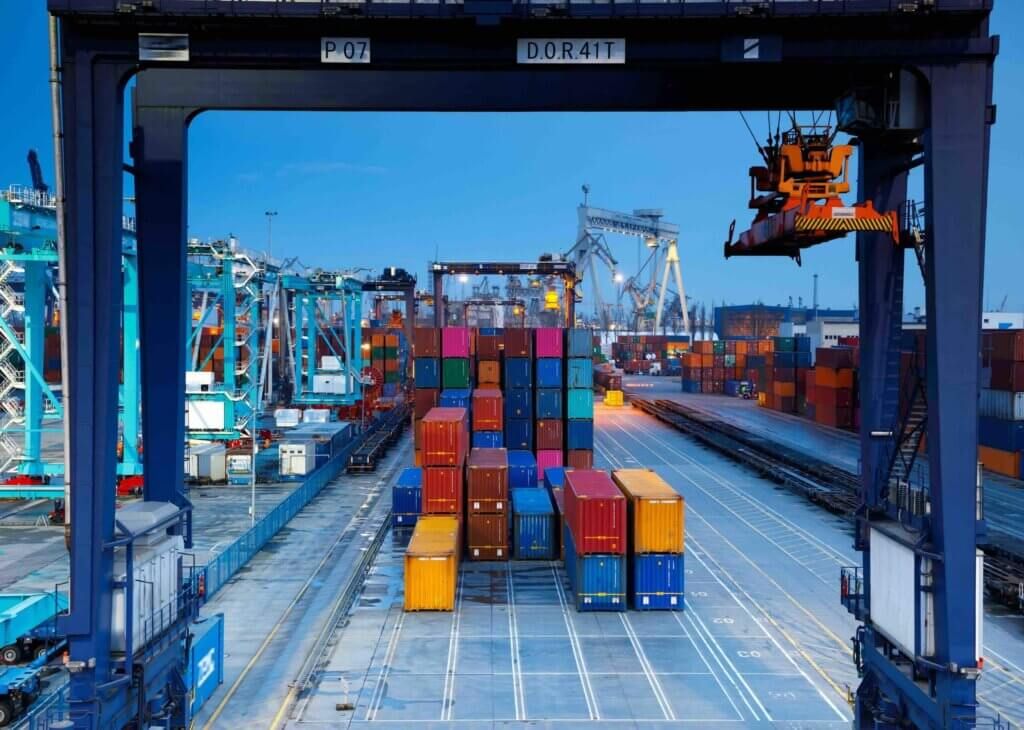INFOGRAPHIC
Poland's SAF-T Requirements
Understand more about Poland SAF-T including when to comply, penalties, requirements and how Sovos can help.
INFOGRAPHIC
Poland CTC Requirements
Understand more about Poland’s continuous transaction controls including when businesses need to comply and how Sovos can help.


